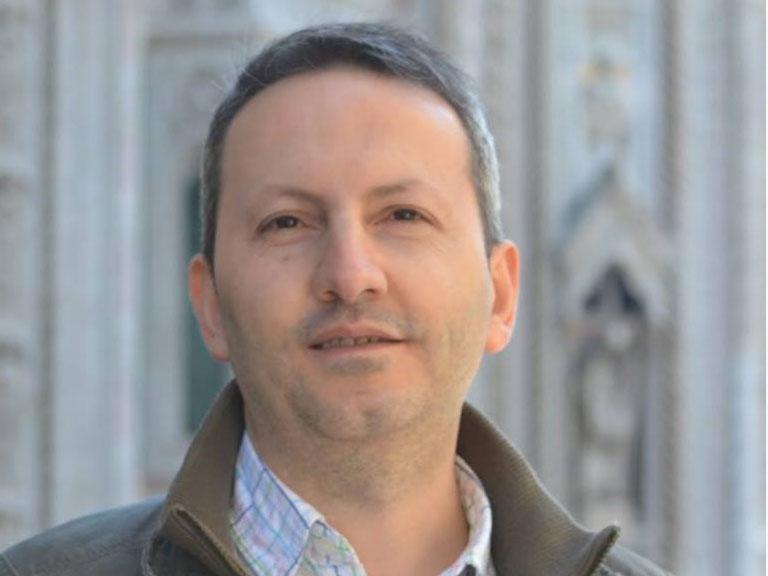Iran sentences Sweden resident to death on Israeli spying charges
Rights groups call for release of doctor charged over alleged ‘espionage role’ helping Mossad assassinate Iranian nuclear scientists

The Iranian authorities have sentenced a doctor resident in Sweden to death on charges of spying for Israel, rights groups have said.
It emerged on Tuesday that Dr Ahmadreza Djalali, an Iranian national who had residency and worked in Sweden, was convicted by a Tehran court on treason and espionage charges. It is not clear when the verdict was issued.
While the chief prosecutor did not name the defendant, Amnesty International identified the condemned man as Dr Djalali, who was arrested over allegations that his spying activity had led to the Israeli intelligence agency assassinations of four scientists working on Iran’s nuclear programme between 2010 - 2012.

Dr Djalali’s colleagues have previously said they believe his arrest was related to his international contacts in academic circles, some of whom are Israeli, but maintained that his work was solely scientific.
One man has been executed in connection to the killings of the nuclear scientists to date.
Married father-of-two Dr Djalali, who taught at the Karolinska Institute of medicine in Stockholm, was arrested during a business visit to Iran in April 2016. He was not given access to a lawyer for seven months, three of which were spent in solitary confinement, Amnesty said.
The doctor also alleges he was forced to make two ‘confessions’ by reading statements provided by interrogators in front of a video camera.
According to his wife Vida Mehrannia, both his physical and mental health have sharply deteriorated since he has been detained.
“The [charged person] had several meetings with Mossad and provided them with sensitive information about Iran’s military and nuclear sites in return for money and residency in Sweden,” state prosecutor Abbas Jafari Dolatabadi told an Iranian news agency.
The sentencing has been condemned by Sweden, which has raised the issue with Iranian diplomats in both Stockholm and Tehran.
“We condemn the use of the death penalty in all its forms. The death penalty is an inhuman, cruel and irreversible punishment that has no place in modern law,” Swedish Foreign Minister Margot Wallstrom said in an emailed comment to Reuters news agency.
The vice chancellor of the Karolinska Institute, where Djalali received his PhD in disaster medicine in 2012, also said he was deeply concerned.
“For many years, he has worked with researchers from all over the world to improve the capacity of hospitals in countries suffering from extreme poverty or affected by disasters and armed conflicts,” Ole Petter Ottersen said in a statement.
“We ask that Dr Djalali be subjected to due process and fair trial.”
Amnesty is calling for Dr Djalali’s release on the grounds his trial was “grossly unfair”.
The Iranian authorities continue a “steadfast commitment to (the) use of the death penalty but utter contempt for the rule of law,” said a statement from Philip Luther, Amnesty’s Middle East advocacy director.
Reuters contributed to this report
Join our commenting forum
Join thought-provoking conversations, follow other Independent readers and see their replies
Comments
Bookmark popover
Removed from bookmarks